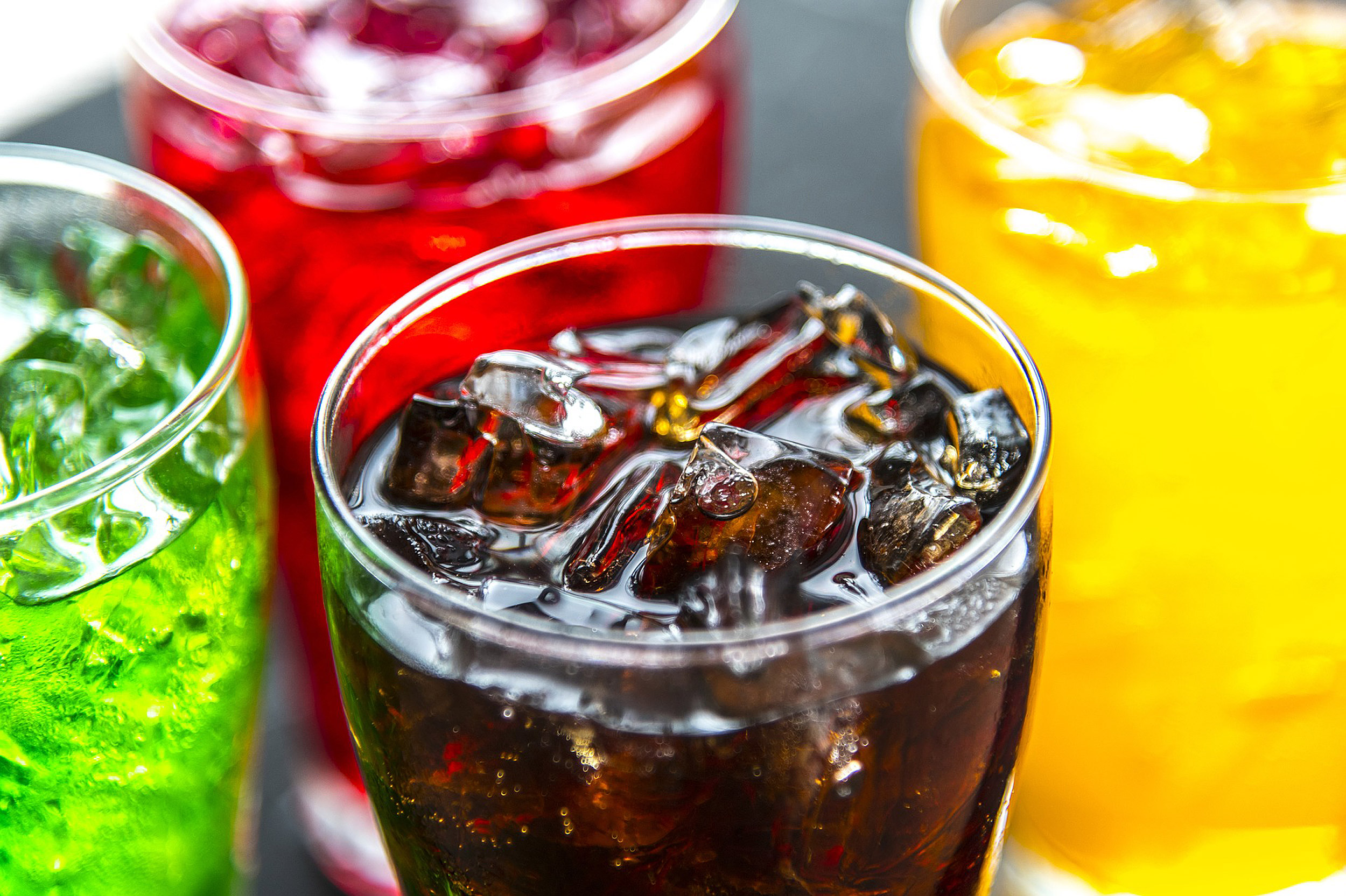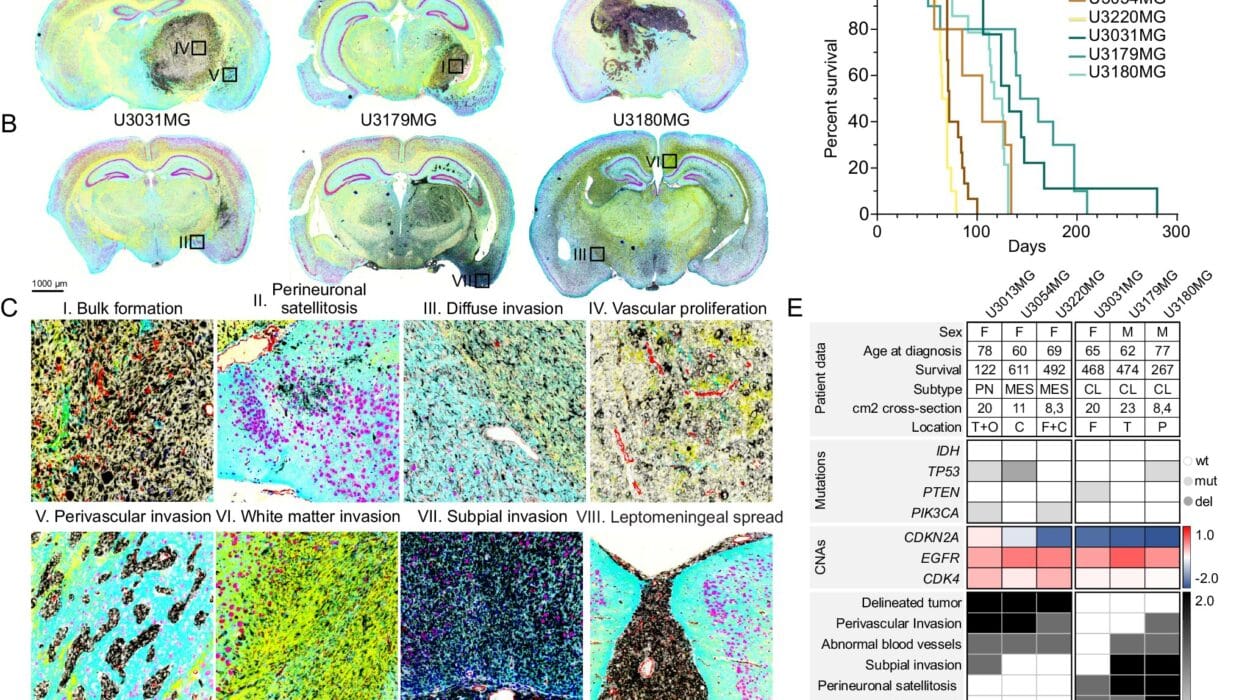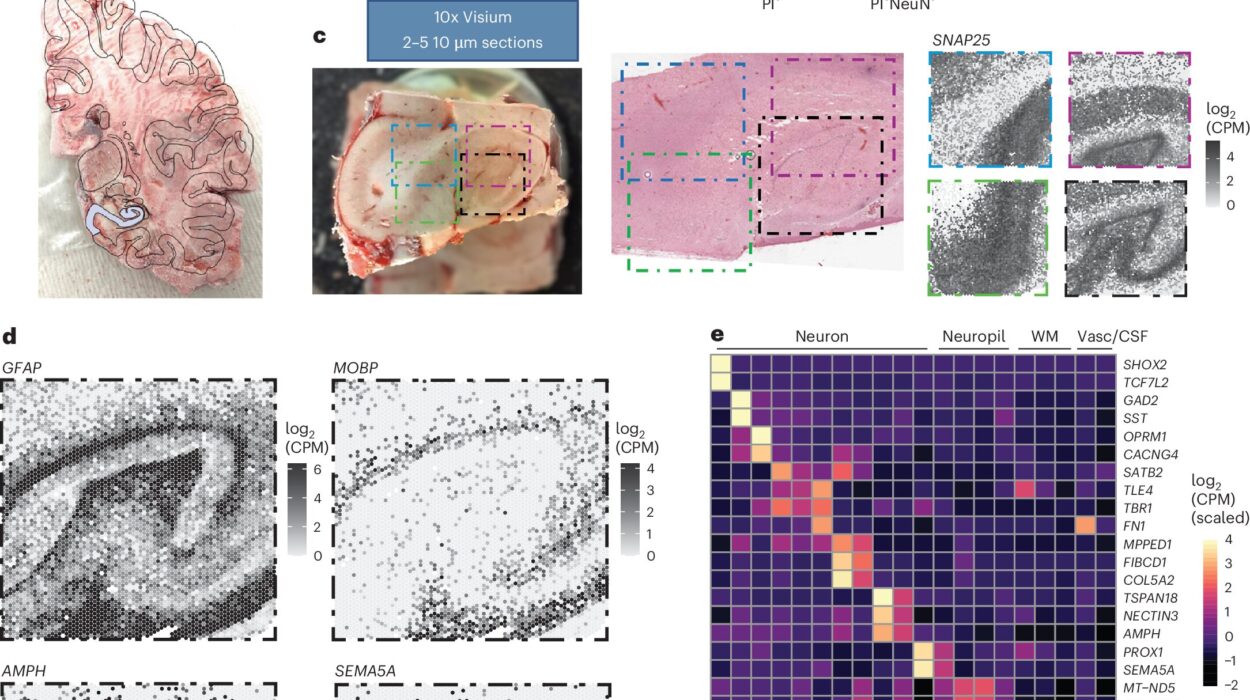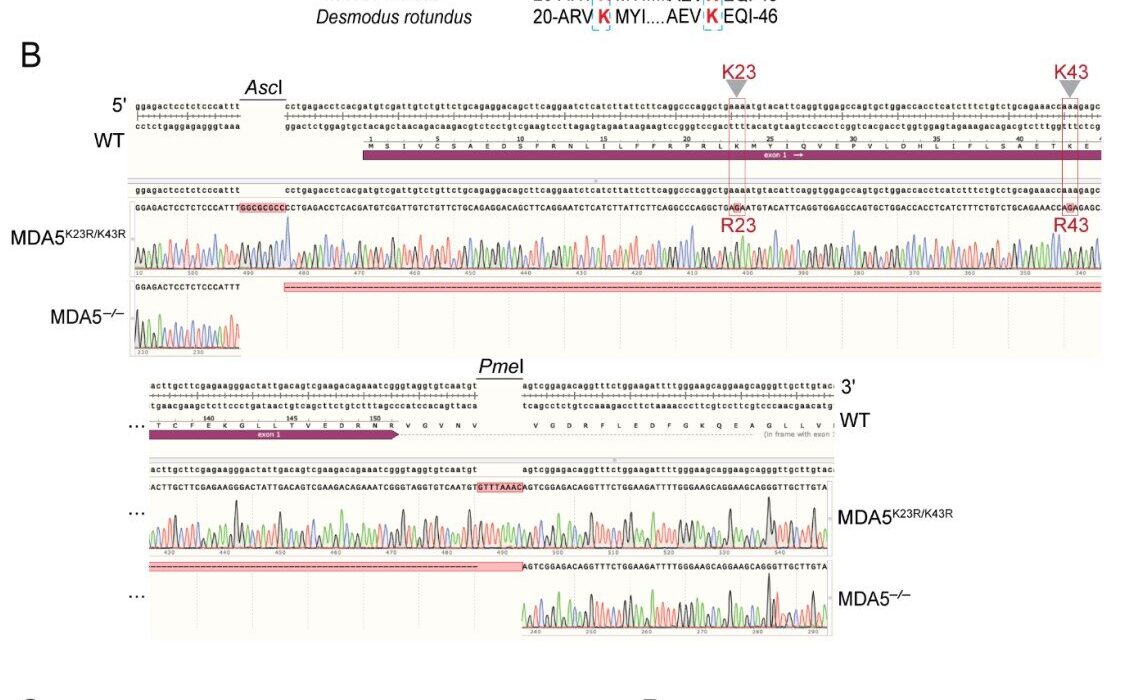For decades, a shadow has hung over the soda can and the sweetened iced tea: could the sugar inside be feeding not just our cravings, but our risk for dementia? The fear has long simmered beneath headlines and health campaigns. High sugar intake is already tied to obesity and type 2 diabetes—both known risk factors for dementia. Some studies in rodents even suggested that sugar could trigger the same brain changes seen in Alzheimer’s disease. But now, a sweeping study led by researchers from Zhejiang University School of Medicine in China and U.S. collaborators has delivered an unexpected finding: in older adults, drinking sugary or artificially sweetened beverages is not associated with an increased risk of dementia.
Published in the journal JAMA Psychiatry, the study analyzed data from nearly 11,000 Americans over age 65, tracked for more than a decade. Their conclusion? Those who sipped sweetened beverages daily were no more likely to develop dementia than those who rarely indulged.
It’s a result that upends prior suspicions—and offers a moment of reassurance for aging adults clutching their morning soft drink.
Seeking Clarity in a Clouded Field
The link between diet and dementia has always been elusive. Dementia is a slow, insidious condition—its roots often stretching back decades. Identifying risk factors in the twilight of life is notoriously tricky. Yet diet remains one of the few potentially modifiable lifestyle factors available to most people. If something as ubiquitous as soda could increase risk, public health efforts would need to pivot dramatically.
Animal studies, especially in rodents, have long suggested that high sugar consumption might spur β-amyloid buildup and apolipoprotein E (APOE) upregulation—both molecular warning signs of Alzheimer’s. Some human studies have echoed this concern, finding that heavy drinkers of sugary beverages had higher rates of dementia. But other studies contradicted those results, creating a confusing, unresolved picture.
This new research aimed to settle the debate.
The Study That Cut Through the Noise
Titled “Sweetened Beverages and Incident All-Cause Dementia Among Older Adults,” the study brought together six major U.S.-based cohort studies, combining data from 10,974 older adults, with an average age of 73.2 years, 60% of whom were women. Participants were followed for an impressive 116,067 person-years, allowing researchers to track how sweetened beverage consumption might correlate with the development of all-cause dementia.
Researchers used validated food-frequency questionnaires to estimate how often people consumed sugar-sweetened or artificially sweetened beverages. Crucially, they excluded anyone who developed dementia within the first two years of the study, to reduce the risk that subtle, early-stage cognitive decline had already influenced diet.
By the end of the follow-up period, 2,445 participants had developed dementia. Yet statistical analysis revealed no meaningful difference in dementia rates between those who drank sugary or diet drinks and those who rarely did.
The hazard ratio (HR) for artificially sweetened beverages was exactly 1.00, meaning no increased or decreased risk. For sugar-sweetened beverages, the HR was 0.90—a slight reduction that did not reach clinical significance.
To ensure the robustness of the results, the team conducted multiple sensitivity analyses across subgroups, time periods, and adjustments for other lifestyle factors. The findings held firm.
As a validation check, researchers also examined how well the Mediterranean diet predicted dementia risk—and, as expected, they found a significant protective effect, reinforcing that the study design was sensitive enough to detect real associations.
What This Means—and What It Doesn’t
The researchers are careful in how they interpret their findings. “We view this as reassuring, not liberating,” said one investigator involved in the study. The data suggest that late-life beverage habits alone—even if they include sugar-sweetened drinks—do not meaningfully alter a person’s risk of developing dementia.
But that doesn’t mean sweet drinks are off the hook entirely. The study only looked at later-life exposure. It says little about what long-term, habitual sugar intake during midlife or earlier decades might do to brain health. “The brain’s pathways and physiology are much more plastic in youth and middle age,” the authors note. “Those may be the critical windows when dietary exposures shape dementia risk.”
In other words, what you drank at 35 may still matter more than what you drink at 75.
Moreover, public health guidelines already caution against excess sugar—not because of dementia, but because of the avalanche of other risks it carries: heart disease, metabolic syndrome, and type 2 diabetes. This study doesn’t overturn that advice; it simply narrows the focus on when, and how, sugar might influence brain health.
The Bigger Picture: Prevention Starts Early
While this new research may offer older adults a measure of relief, it also redirects the spotlight. If diet matters most during earlier stages of life, then preventing dementia begins not in retirement—but perhaps in our 30s and 40s, long before memory begins to fade.
It also underscores a growing scientific shift: the idea that dementia risk is shaped over the entire course of life. A single factor in old age rarely makes the difference. Rather, it’s the slow accumulation of influences—genetic, metabolic, social, and environmental—that tips the scales.
That doesn’t make prevention hopeless. In fact, it makes it all the more vital to understand when to act. Diet, exercise, sleep, and mental stimulation remain potent tools—but their timing may be just as important as their intensity.
A Null Result, But a Valuable One
In science, null results—findings that show no effect—are sometimes overlooked. But in this case, the absence of a link is just as telling as its presence. It clarifies a murky debate, settles conflicting headlines, and helps target where prevention efforts might matter most.
So while this study may not vindicate sweet drinks as health foods, it does offer some clarity: for older adults, having a soda at lunch or a diet cola at dinner is unlikely to accelerate cognitive decline.
In a field as uncertain and deeply personal as dementia, that’s a sweet result indeed.
Reference: Hui Chen et al, Sweetened Beverages and Incident All-Cause Dementia Among Older Adults, JAMA Psychiatry (2025). DOI: 10.1001/jamapsychiatry.2025.1230






